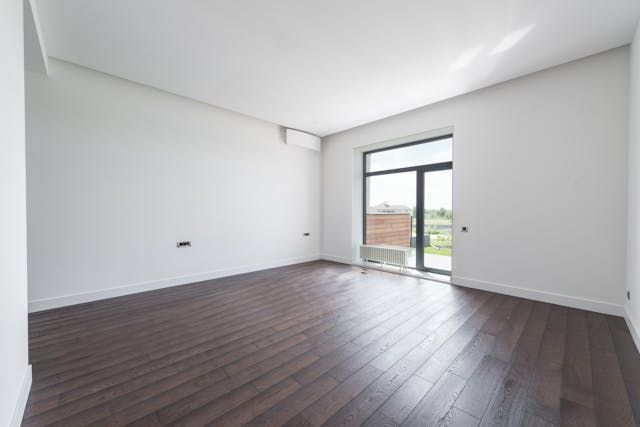Streamlining the Move-Out Process
An efficient move-out process is essential for ensuring a smooth transition for both tenants and property owners. By simplifying tasks and implementing a well-coordinated approach, the move-out phase becomes predictable and manageable. This not only enhances the tenant experience but also allows property owners to prepare swiftly for new occupants, benefiting everyone involved.
Strategies for an Effective Move-Out Process:
Communicate Expectations Early
Clear and proactive communication is crucial for a seamless transition during the move-out process. It's imperative that both tenants and property owners (or managers) are aligned. While the move-out procedure is often discussed at the start of the tenancy, it’s essential to reiterate these expectations well before the tenant's departure date. Provide detailed guidelines covering responsibilities such as cleaning standards, key return protocols, and any other necessary actions tenants must complete before vacating. By offering this clarity in advance, property owners and managers can reduce misunderstandings and foster a positive conclusion to the tenancy.
Offer a Detailed Checklist
A comprehensive move-out checklist serves as a valuable tool for tenants, outlining critical tasks to be completed before vacating the property. This checklist should encompass items like removing personal belongings, cleaning specific areas, and documenting any damages. By supplying tenants with a detailed list, property managers help them stay organized and ensure that all responsibilities are clearly defined. This approach streamlines the move-out process and facilitates a thorough assessment of the property's condition.
Schedule Pre-Move-Out Inspections
Conducting pre-move-out inspections is an effective strategy for identifying and addressing potential issues before tenants vacate. By scheduling these inspections in advance, property owners give tenants the opportunity to resolve minor repairs or cleaning tasks, preventing them from becoming significant problems. This proactive approach minimizes delays in transitioning the property to new tenants.
Simplify the Deposit Return Process
By specifying timelines for deposit returns, outlining potential deductions for damages, and maintaining transparency throughout, all parties can feel confident in a fair and straightforward resolution.
Provide Contact Information
Property managers should ensure that tenants know who to contact for assistance or clarification regarding any aspect of the move-out process. Offering multiple contact options, including phone numbers and email addresses, enhances communication and contributes to a smoother experience for everyone involved.
Automate Where Possible
Integrating automation into the move-out process significantly boosts efficiency for both tenants and property managers. Utilizing online platforms for submitting move-out documentation, processing payments, and managing communication streamlines the entire process. Automation ensures that every step is executed smoothly, leading to a well-organized move-out experience.
By adopting these strategies, property owners and managers can streamline the move-out process, ultimately leading to improved tenant satisfaction and enhanced operational efficiency.
For more information on the moving out process, contact Hunter Rentals & Sales at 1503 W Stan Schlueter Loop, Killeen, TX 76549, United States, or call (254) 634-3311.







